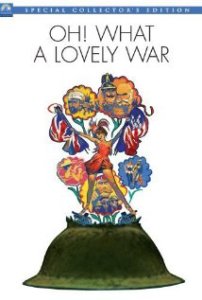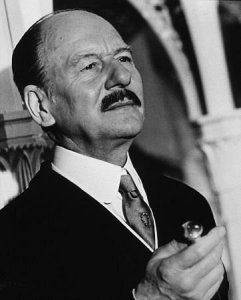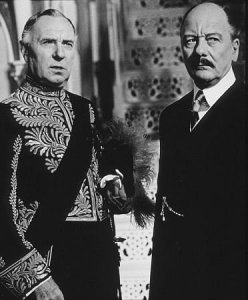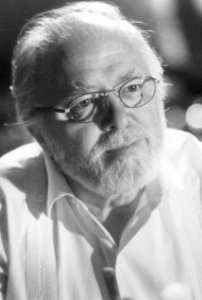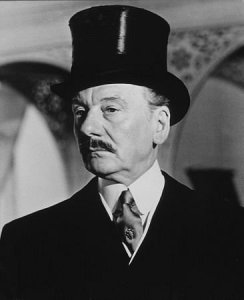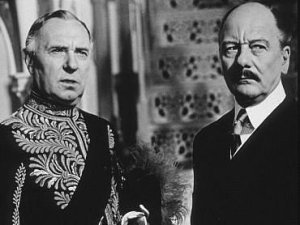Oh! What a Lovely War **** (1969, Laurence Olivier, Ralph Richardson, John Gielgud) – Classic Movie Review 1863
For his first film as director in 1969, Richard Attenborough chooses an ambitious project – to make a movie version of producer-writer Joan Littlewood’s Sixties London Theatre Royal Stratford stage production. It won the 1970 Golden Globe award for Best English-Language Foreign Film, as well as five Baftas, including Best Supporting Actor for Laurence Olivier and Best Cinematography for Gerry Turpin.
It famously, or infamously, depending on your point of view, treats World War One as if it were a stylised seaside end-of-the-pier show. This one, simple but bold and daring idea pays off brilliantly. Attenborough relishes transferring the stage idea into a stylized movie that really works on film and as a film, done with great flair in brio style but without the need for too many tricks.
With the help of Gerry Turpin’s stylish cinematography, there’s an abundance of visual razzle-dazzle. Donald M. Ashton’s Bafta-winning Best Art Direction and Anthony Mendleson’s Best Costume Design are also vitally important contributions to the startling look of the movie.
The vintage period songs are poignant in the tragic circumstances of the war and the mounting casualties. Don Challis and Simon Kaye were rewarded with the film’s fifth Bafta for Best Sound Track.
And the cast contains half the British acting profession from Laurence Olivier, Ralph Richardson, John Gielgud, Kenneth More, John Mills (as Field Marshal Sir Douglas Haig), Maggie Smith, Michael Redgrave, Susannah York and Dirk Bogarde downwards, all giving rousing performances.
The stage play by Joan Littlewood and Charles Chilton is adapted for the screen by unusual choice in thriller writer Len Deighton (The Ipcress File), who makes a good job of the screenplay. It focuses mainly on the members of the every-person Smith family who are cynically recruited to go off to war as cannon fodder by the British upper classes.
As moving, provocative and controversial as it is entertaining, this exhilarating, heartfelt show still stands up magnificently as an important anti-war statement as well as thoughtful entertainment. The brilliantly staged final image of all the crosses on the unmarked war graves is unforgettable and intensely moving. The movie retains its power after all these years – and so does the stage show as the Royal National Theatre’s 1998 touring production amply displayed.
It is Cecil Parker’s last film, as Sir John. It is Jane Seymour’s film debut as one of the chorus girls.
John Clements, Paul Daneman, Joe Melia, Jack Hawkins (as Emperor Franz Josef), Meriel Forbes, Phyllis Calvert, Vanessa Redgrave (as suffragette Sylvia Pankhurst), Corin Redgrave, Derek Newark, Ian Holm, Mary Wimbush, Paul Shelley, Maurice Roëves, Angela Thorne, Jean-Pierre Cassel, Jeremy Child, David Lodge, Ron Pember, Juliet Mills, Nanette Newman, John Woodnutt, Robert Flemyng, Thorley Walters, Norman Shelley, Isabel Dean, Guy Middleton, Natasha Parry, Michael Bates, Edward Fox, Vincent Ball, Fanny Carby and Christine Noonan are all also in the huge ensemble cast.
Whenever a poppy is seen, someone dies, beginning with the photographer giving poppies to the Archduke Franz Ferdinand (Wensley Pithey).
The original, Tony-nominated Broadway production opened at the Broadhurst Theater in New York on September 30 1964 and ran for 125 performances.
Richard Attenborough died on aged 90.
© Derek Winnert 2014 Classic Movie Review 1863
Check out more reviews on http://derekwinnert.com/
John Gielgud died on , aged 96.

